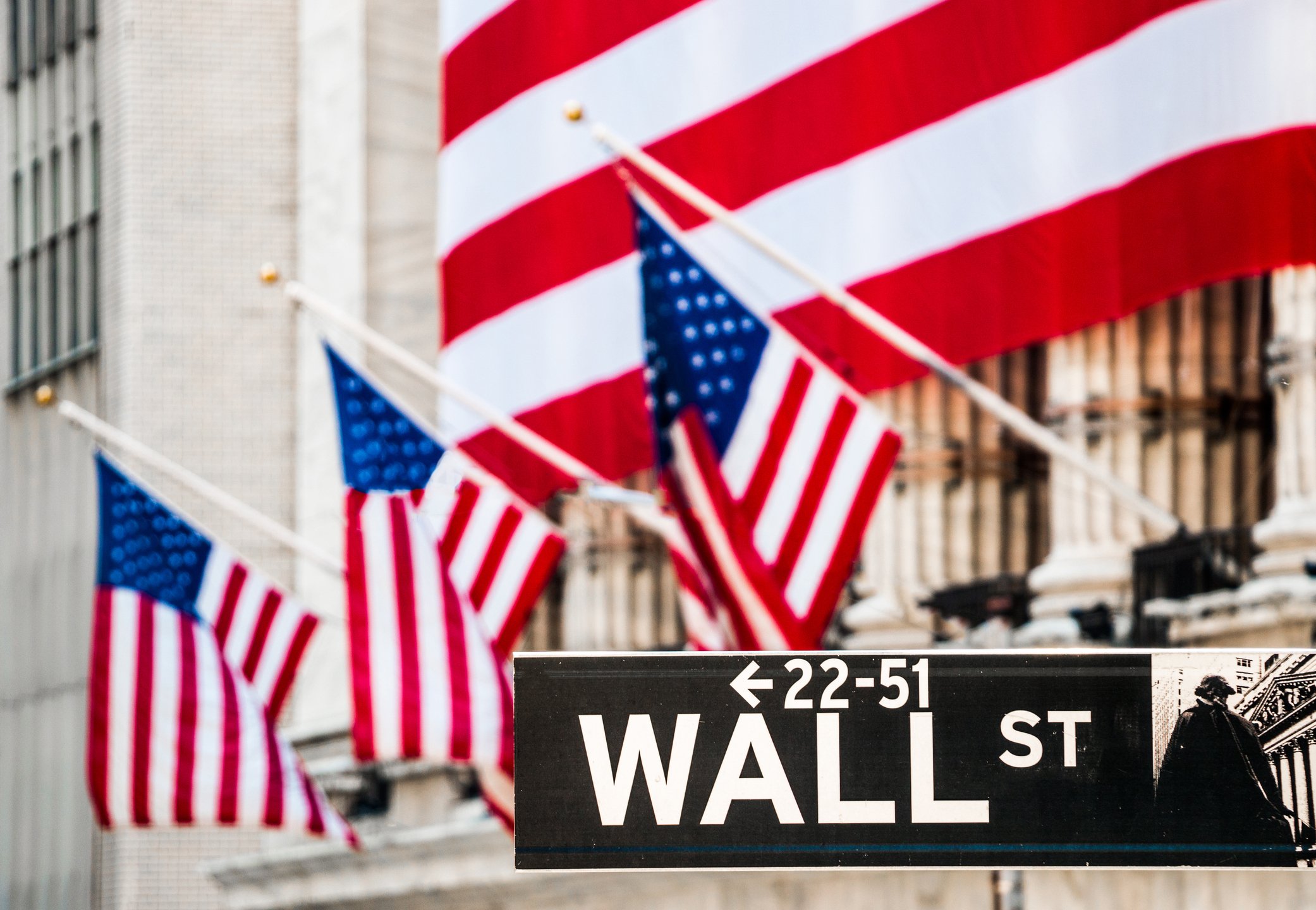Although we don't believe in timing the market or panicking over daily movements, we do like to keep an eye on market changes -- just in case they're material to our investing thesis.
Despite the record amount of money being pumped into equity funds in July -- more than $40 billion, to be exact -- retail investors are skeptical about the market and were net sellers last month. That bearish attitude made itself known on Wall Street today, where even a jump in the Institute for Supply Management's July non-manufacturing index couldn't boost investor optimism. By day's end, the Dow Jones Industrial Average (^DJI +0.49%) lost 46 points, or 0.3%, to end at 15,612.
Shares in UnitedHealth Group (UNH +0.94%), however, bucked the trend and added 1.5% Monday. Shareholders were rightly encouraged by the news that the company has saved more than $100 million in the past three years on employee medical costs. The encouraging part is that the company didn't do so merely by slashing benefits: It introduced health incentives that, if met, would slash workers' premium payments. Employees took note, and more than three in four cut their family premiums after meeting various health milestones.
Buoyed by the tech sector's popularity today, Cisco Systems (CSCO +2.48%) gained 0.5% to stand with UnitedHealth atop the Dow. The $140 billion technology powerhouse continues to expand and develop its business, most recently by the $2.7 billion acquisition of cybersecurity company Sourcefire less than two weeks ago. With sales steadily rising for the past three fiscal years and net income rocketing nearly 24% higher in 2012, Cisco seems to know what it's doing.
Diversified industrial conglomerate United Technologies (UTX +1.23%) fell 1.1% today on a down day for industrials as a whole. Although the company -- like Cisco, incidentally -- trades near 52-week highs, markets reconsidered whether that's where the stock should really be priced. In the longer term, United Technologies faces an uphill battle against sequestration cutbacks as lawmakers struggle to reduce U.S. government spending, a vital source of revenue for the company.
Lastly, Intel (INTC +5.77%) lost 1.3% today, making it the weakest blue-chip performer. Anemic adoption of Intel's newest platform was blamed for a steep decline in Taiwanese PC shipments in July, as orders dropped 18% from June. Intel shares also went ex-dividend today, meaning sellers of the stock today were still entitled to the company's next quarterly dividend payment. With rates slowly rising, expect high-dividend stocks like Intel to face headwinds as income investors consider whether to park their money in safer instruments like Treasuries.





